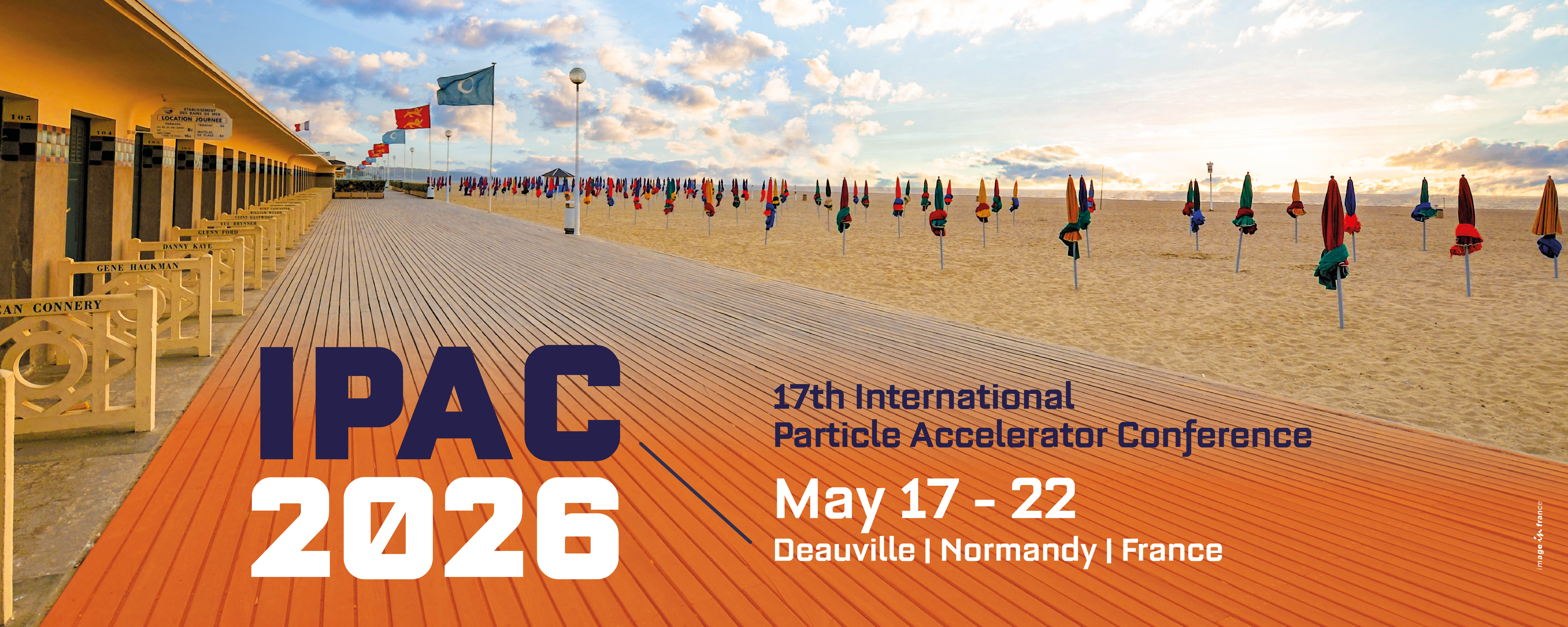Inverse Compton Scattering sources are becoming a mature technology world-wide, enabling several applications in many fields, from medical imaging to cultural heritage, to palaeontology, material studies and bio-physics. Very recently ICS has been proposed also for fundamental studies in the Unruh sector via the Full Inverse Compton Scattering
process, leading to maximal acceleration (10^30...
Particle accelerators are extremely complex machines that are challenging to simulate, design, and control. Over the past decade, artificial intelligence (AI) and machine learning (ML) techniques have made dramatic advancements across various scientific and industrial domains, and rapid improvements have been made in the availability and power of computing resources. These developments have...
The European accelerator R&D Roadmap for the European Strategy for Particle Physics Update (ESPPU) outlines the path towards future large-scale particle physics facilities, involving five R&D panels. Two of them cover technologies: a program for High Field Magnet (HFM) developments, and one on RF systems including RF sources and variants of s.c. and n.c. structures. The other three programs...

